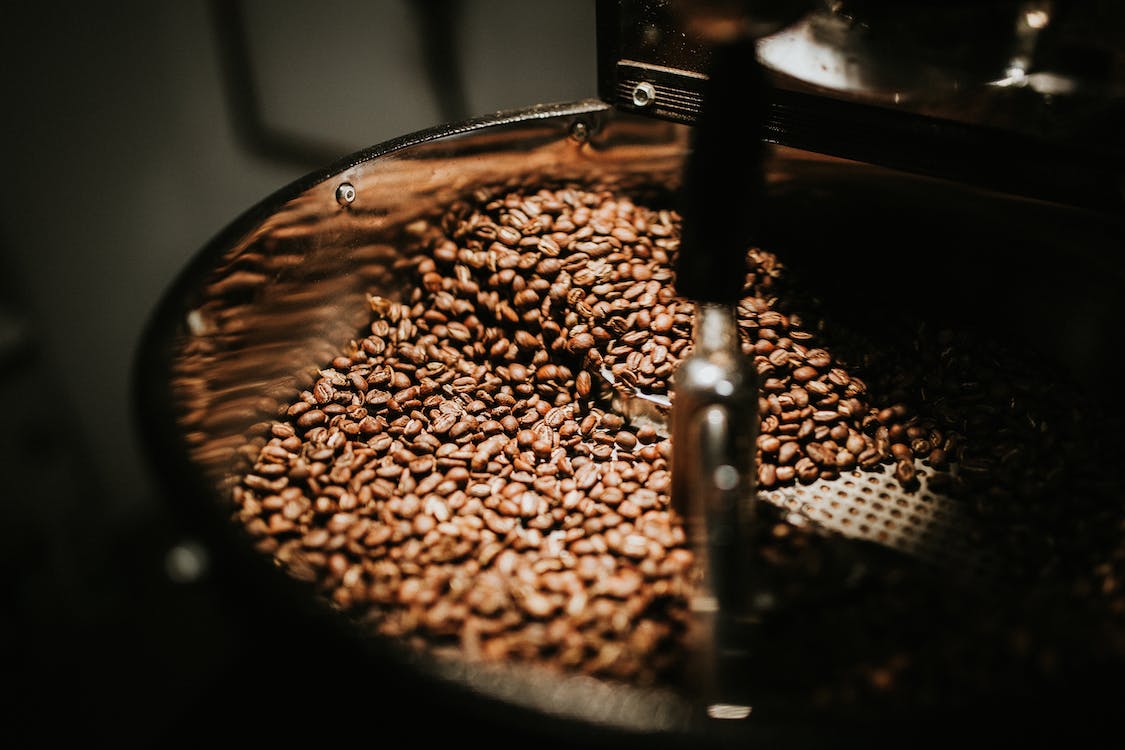
FAQ About Coffee

What is the cultural significance of coffee rituals and ceremonies?
Coffee rituals and ceremonies hold significant cultural importance in various regions around the world. They often serve as social, ceremonial, and communal practices that bring people together and symbolize hospitality, friendship, and cultural identity. Here are some key aspects of the cultural significance of coffee rituals and ceremonies:
- Social Bonding: Coffee rituals provide opportunities for people to gather, socialize, and connect with others. They create a sense of community and facilitate conversation, whether it's a casual chat with friends over a cup of coffee or more formal gatherings that follow specific cultural customs.
- Hospitality and Generosity: Offering coffee to guests is a common gesture of hospitality in many cultures. It symbolizes welcome, friendship, and an invitation to engage in conversation. Preparing and serving coffee with care and attention is a way to demonstrate generosity and show respect to guests.
- Cultural Identity: Coffee rituals often reflect and reinforce cultural traditions and values. They can be unique to a particular region, country, or community, showcasing their distinct heritage and customs. The specific brewing methods, serving techniques, and accompanying rituals contribute to a sense of cultural identity and pride.
- Ritualistic and Ceremonial Practices: Coffee ceremonies and rituals are often conducted in a formal and structured manner. They may involve specific procedures, such as roasting the coffee beans, grinding them, and brewing the coffee using traditional methods. These ceremonial practices are often steeped in history, symbolism, and religious or spiritual beliefs.
- Spiritual and Reflective Moments: In some cultures, coffee rituals are associated with contemplation, meditation, or spiritual reflection. The act of sipping coffee can be seen as a moment of solitude, introspection, or a time for mindfulness. It may provide an opportunity to pause from the busyness of everyday life and appreciate the present moment.
- Passing Down Tradition: Coffee rituals are often part of intergenerational traditions, passed down through families or communities. Older generations share their knowledge and expertise with younger ones, ensuring the preservation of cultural practices and the values associated with them.
- Artistic Expression: Coffee rituals can be artistic and aesthetically pleasing. The process of preparing coffee, the presentation of the beverage, and the accompanying decorations or utensils can be seen as expressions of creativity and beauty. This artistic aspect adds depth and richness to the coffee experience.
